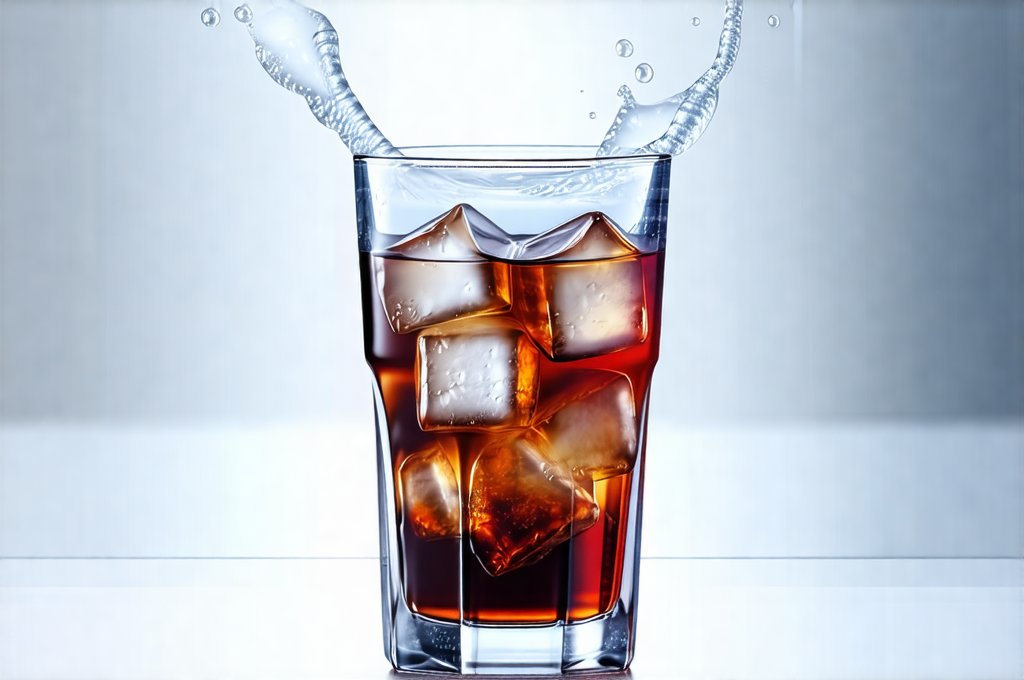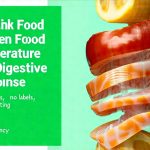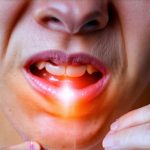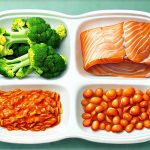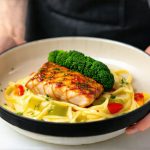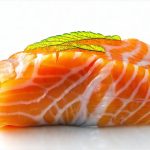The discomfort of a common cold is universally familiar – the stuffy nose, scratchy throat, and general feeling of malaise. Often, when we’re under the weather, our instincts lead us to seek comfort in readily available liquids: soothing teas, refreshing juices, even fizzy sodas. However, while seemingly innocuous, certain cold drinks can inadvertently exacerbate symptoms or even contribute to a worsening condition, specifically concerning the esophagus – that vital tube connecting your mouth to your stomach. The esophagus is surprisingly delicate and easily irritated, making it vulnerable to the effects of both temperature extremes and chemical compositions found in many common beverages. Understanding which drinks might pose a problem when you’re battling a cold isn’t about restricting yourself entirely; rather, it’s about making informed choices that support your body’s healing process instead of hindering it.
This article delves into the science behind why some seemingly harmless drinks can actually inflame the esophageal lining during a cold or flu. It explores how specific characteristics – acidity, temperature, carbonation, and certain ingredients – interact with a compromised system and contribute to discomfort. We’ll examine everyday beverages often consumed when ill and offer insights into alternatives that prioritize gentle hydration and minimize potential irritation, allowing for a more comfortable recovery. Importantly, this is informational; individual sensitivities vary greatly and consulting a healthcare professional remains the best course of action for personalized guidance regarding your health.
The Role of Acidity & Esophageal Irritation
Acidity is perhaps the most significant factor linking cold drinks to esophageal inflammation. When you have a cold, the body’s natural defenses are focused on fighting off infection. This can sometimes lead to increased acid reflux – where stomach acid creeps up into the esophagus – even in individuals who don’t typically experience it. Acid reflux is already irritating to the esophageal lining, and consuming acidic beverages simply compounds the problem. Citrus juices (orange, grapefruit, lemon), tomato-based drinks, and many sodas fall squarely into this category. These liquids can directly irritate a sensitive esophagus, intensifying heartburn symptoms or creating a burning sensation.
The esophageal lining isn’t designed to withstand prolonged exposure to high acidity. It’s protected by a mucus membrane, but during illness, even that protective barrier can be weakened. Therefore, consuming acidic drinks when you’re sick can lead to esophagitis – inflammation of the esophagus. Even if you don’t experience obvious symptoms like heartburn, subtle irritation and inflammation can contribute to discomfort and delay healing. It’s also important to remember that acidity levels aren’t always obvious; even seemingly mild drinks can contain surprising amounts of acid. If you struggle with identifying problematic foods, consider exploring how to identify foods that calm the gut.
Finally, it isn’t just about the initial acidic impact. Some acidic beverages can also relax the lower esophageal sphincter (LES) – the muscle that prevents stomach acid from flowing back up. This relaxation further increases the risk of reflux and exacerbates irritation. Therefore, limiting or avoiding highly acidic drinks during a cold is a proactive step towards minimizing discomfort and supporting your body’s recovery. Recognizing common diet mistakes can also help you navigate dietary choices when ill.
Temperature Extremes & Esophageal Sensitivity
While many seek relief in icy-cold beverages when feeling unwell, extreme temperatures can be just as irritating to the esophagus as acidity. A sudden influx of very cold liquid can cause spasms in the esophageal muscles, leading to discomfort and even pain. This is because the rapid temperature change shocks the delicate tissues. The same principle applies to extremely hot liquids – they can cause thermal burns and inflammation, albeit more acutely.
The esophagus relies on a carefully regulated environment for optimal function. Drastic temperature shifts disrupt this balance, potentially triggering an inflammatory response. Individuals with pre-existing esophageal conditions like GERD (Gastroesophageal Reflux Disease) are particularly vulnerable to the effects of temperature extremes. Even without a diagnosed condition, a cold or flu can heighten sensitivity and make you more susceptible to irritation.
Furthermore, consider how these temperature changes interact with other factors. A very cold acidic drink is doubly problematic – the acidity irritates while the temperature shocks. The key takeaway is moderation: room-temperature or slightly warmed beverages are generally gentler on the esophagus during illness than their extreme counterparts. If you find yourself struggling with persistent digestive issues, understanding functional GI trouble might offer some insight.
Drinks to Avoid (and Why)
- Citrus Juices: High in acidity, they can worsen reflux and irritate the esophageal lining directly. Orange juice, grapefruit juice, and even seemingly milder options like apple cider vinegar diluted in water should be limited.
- Carbonated Beverages: The bubbles expand in the stomach, increasing pressure and potentially forcing acid back up into the esophagus. Sodas, sparkling water (even unflavored), and fizzy drinks are best avoided. – The carbonation is often more problematic than the acidity itself.
- Tomato-Based Drinks: Tomato juice and many vegetable juices contain significant levels of acidity, making them potentially irritating for a sensitive esophagus.
These aren’t necessarily “bad” drinks in general; they simply pose a greater risk during illness when your esophageal lining is already vulnerable. Consider alternatives that are less likely to cause irritation – room-temperature water, herbal teas (non-citrus), or diluted coconut water are often better choices. Additionally, if you absolutely must have juice, consider diluting it significantly with water to reduce the acidity and volume.
Soothing Alternatives for a Sore Throat & Esophagus
The focus should shift towards beverages that soothe rather than irritate. – Hydration is paramount, but the method matters just as much as the quantity. Here are some excellent alternatives:
- Warm Water with Honey: A classic remedy, warm water provides gentle hydration while honey can help soothe a sore throat and has mild anti-inflammatory properties (use cautiously if diabetic).
- Herbal Teas (Non-Citrus): Chamomile, ginger (in moderation), and peppermint teas are generally well-tolerated. Avoid citrus or mint teas, as they can sometimes exacerbate reflux. – Ensure the tea is lukewarm rather than scalding hot.
- Coconut Water: Naturally hydrating and contains electrolytes, coconut water is gentle on the stomach and esophagus.
These alternatives offer hydration without the harshness of acidity, carbonation, or extreme temperatures. They support your body’s natural healing process and minimize discomfort during a cold. Remember to sip slowly rather than gulping down large quantities of liquid, as this can also increase pressure in the esophagus. Sometimes, simple changes like these are enough to start building a life that isn’t dictated by digestive discomfort.
Understanding Individual Sensitivity & Seeking Professional Advice
It’s crucial to remember that everyone is different. Some individuals may tolerate certain acidic or temperature-sensitive drinks without issue, while others experience significant discomfort. Individual sensitivity plays a major role and varies greatly. Pay attention to how your body responds to specific beverages – if you consistently experience heartburn, burning sensations, or discomfort after consuming a particular drink, it’s likely best to avoid it.
If symptoms persist or worsen despite making dietary changes, it is essential to consult with a healthcare professional. They can assess your individual situation, rule out underlying conditions (like GERD), and provide personalized recommendations tailored to your needs. This article provides general information and should not be considered a substitute for medical advice. – Always prioritize the guidance of qualified healthcare professionals. Self-treating or ignoring persistent symptoms can lead to more serious complications. A doctor may recommend further testing or treatment options based on your specific circumstances. It’s also worth considering whether cold breakfasts might be contributing to digestive issues year-round, not just when you’re sick. Finally, be mindful of common additives that could be exacerbating your symptoms.

